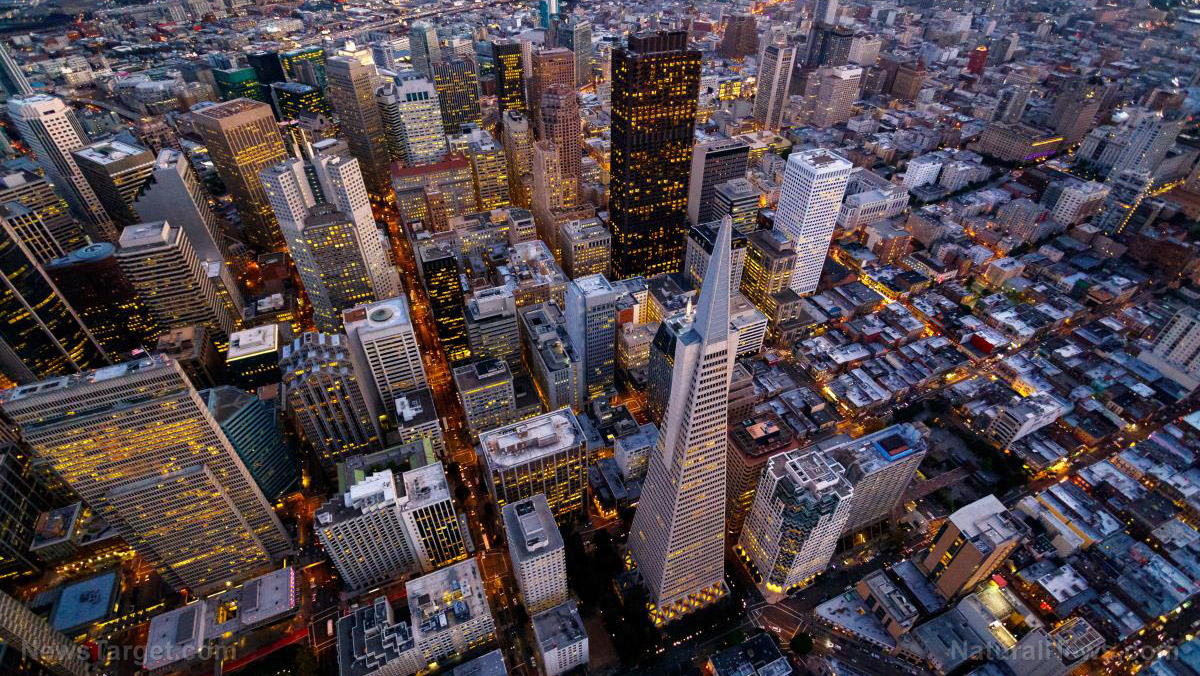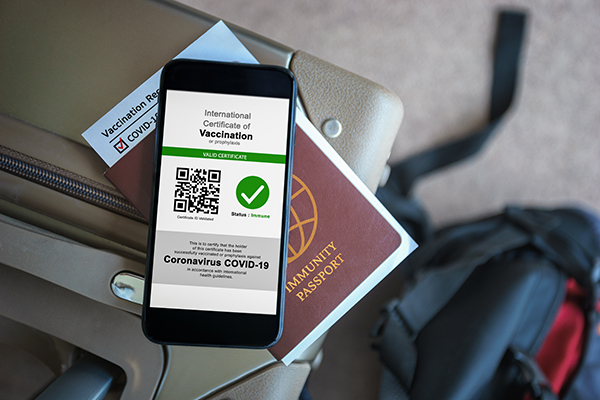Mobile phone data shows that post-pandemic cities like San Francisco, Chicago and Boston are MUCH less busy – where did the people go?
04/28/2023 / By Ethan Huff

The downtowns of many American cities have become ghost towns, thanks to the Wuhan coronavirus (Covid-19).
A new analysis shows that downtown activity in places like San Francisco, Chicago, and Boston has plummeted ever since the scamdemic – this according to mobile phone data.
According to data collected by the University of Toronto School of Cities, as of the fall of 2022, many major downtown population centers are much less busy than they were prior to covid.
Los Angeles, for instance, gained back only two-thirds of its former life, as measured by cell phone activity – and this is one of the better comebacks. Other downtowns like Chicago, Vancouver in British Columbia, Seattle, and San Francisco have barely recovered half of their pre-pandemic activity.
“The lull also affects boomtowns of form years like Denver, Atlanta and Houston,” Statista reported.
(Related: Some estimates suggest that as many as one billion people died as a result of “covid” and the “vaccines.”)
Are American cities dying because PEOPLE are dying, or is everyone just staying home these days?
It all started, according to the San Francisco Chronicle, with workers who continued to work from home long after the lockdowns ended. The lockdowns, it turns out, resulted in an entirely new stay-at-home work paradigm for many that will continue into the future.
The trend towards working remotely only partially explains the downfall of American cities and especially their downtowns, though. How does a city like Seattle lose half of its activity in a matter of three years?
We know that many people fled left-wing cities like Seattle and San Francisco after the George Floyd riots tore them to pieces, leaving behind devastation in the form of empty buildings, tent cities, and a growing homeless population.
But what about Atlanta and Houston? These two boomtowns lost an incredible amount of downtown activity as well, despite an influx of newcomers who fled there from other states during or after the plandemic.
Then we have failing cities like Portland, which was overtaken by tent cities, homelessness, and crime like never before after George Floyd and covid. Portland recovered just 37 percent of its pre-pandemic downtown activity, which partially explains why Walmart, Cracker Barrel, and REI, among other businesses, are leaving in droves.
The worst city of all in the analysis is San Francisco, which currently has just 31 percent of the downtown activity it had pre-pandemic. By all accounts, San Francisco truly is a dying city, along with Portland and Seattle which are not far behind it.
Coupled with escalating crime rates, downtowns all along the West Coast especially are falling apart like never before. In some cases, city services like trash pickup and street lights are being cut, which is only making matters worse.
According to the data, only four out of the 62 downtowns analyzed as part of the research currently surpass their 2019 pre-pandemic activity levels. These include Salt Lake City, Bakersfield, Calif., Fresno, Calif., and El Paso, Tex.
“This has implications for retail, restaurants, and office,” one of the researchers said about this dire situation for the American economy.
“This is the ‘work from home’ culture, as well as people fleeing the big cities,” someone wrote on Twitter, offering his perspective on the matter. “We fled California in 2018, at the perfect time. Never been happier.”
“Cellphone activity seems to be down almost across the board … whilst we’re simultaneously told the global population is suddenly in decline, and life expectancy has fallen for the first time in a century,” pointed out another.
The latest news about the fallout from the covid scamdemic can be found at Depopulation.news.
Sources for this article include:
Submit a correction >>
Tagged Under:
business, cities, Collapse, COVID, dangerous, death, depopulation, downtown, economic collapse, exodus, intolerance, left cult, pandemic, violence
This article may contain statements that reflect the opinion of the author
RECENT NEWS & ARTICLES
Pandemic.News is a fact-based public education website published by Pandemic News Features, LLC.
All content copyright © 2018 by Pandemic News Features, LLC.
Contact Us with Tips or Corrections
All trademarks, registered trademarks and servicemarks mentioned on this site are the property of their respective owners.




















